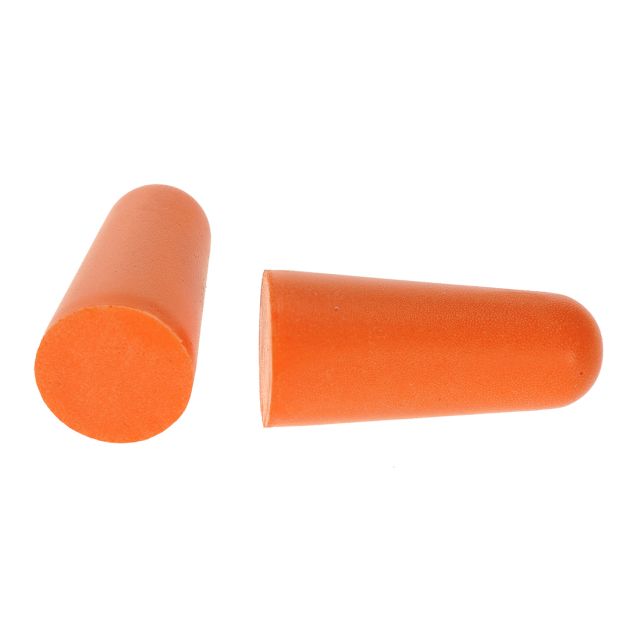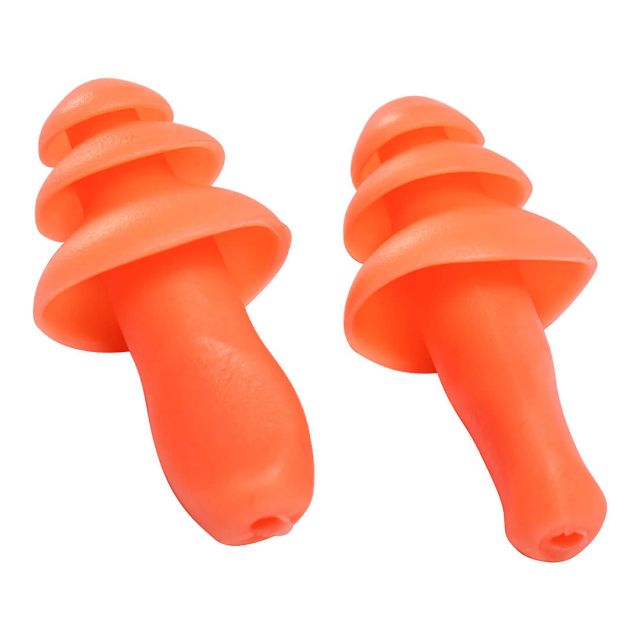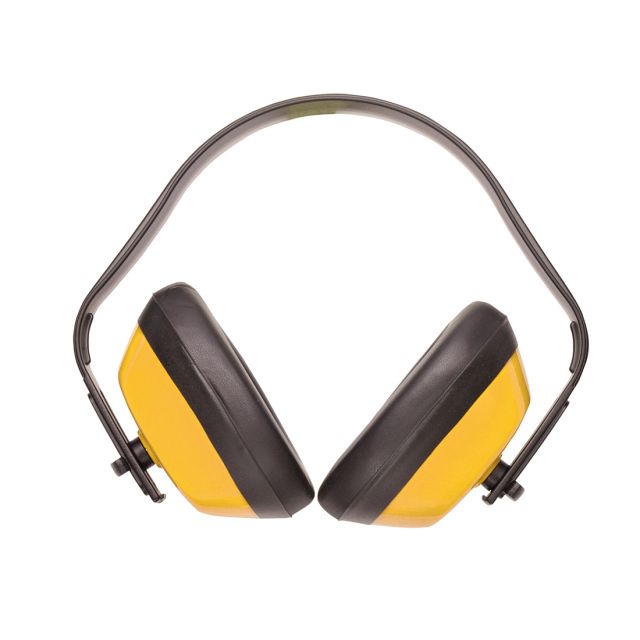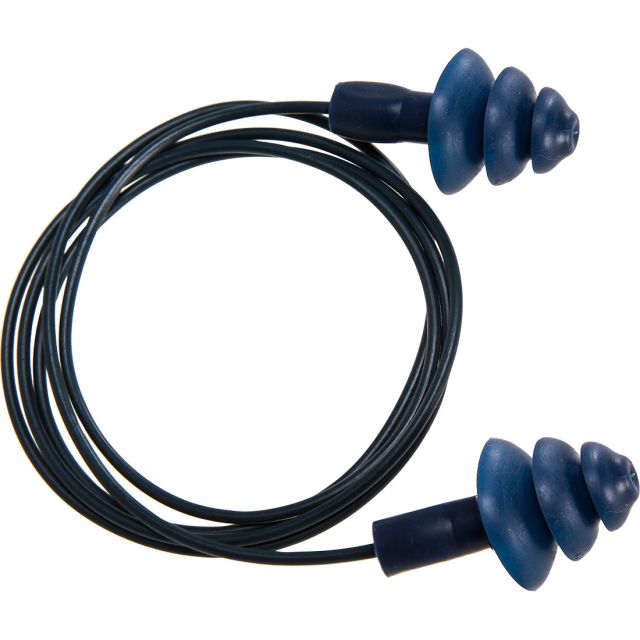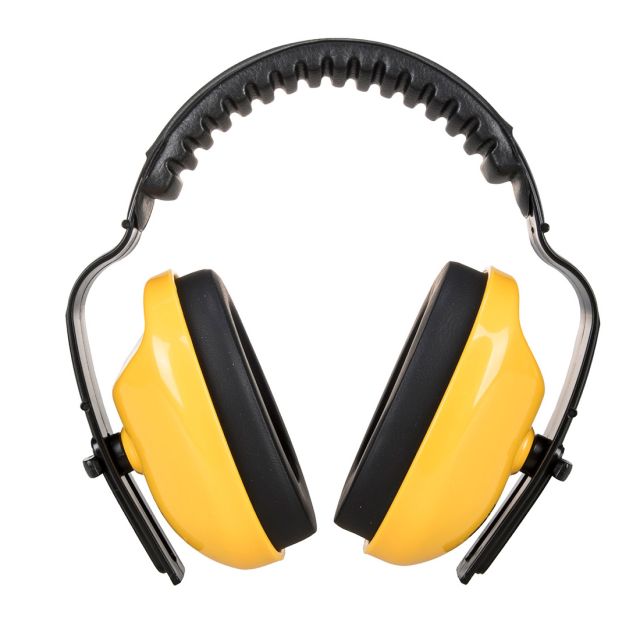Tinnitus - Don't Suffer in Silence
The week 5th Feb - 11th Feb, 2022 marks Tinnitus Week in the UK.
Most of us have left a nightclub or concert with a dull ringing in our ears that usually disappears before the hangover. Or maybe you've had a particularly loud day at work with hammers banging and grinders grinding and you notice you can't quite find silence when you're trying to sleep that night.
That's Tinnitus, but usually only temporary.
But if you every day at work is particularly loud, that silence you crave may become a distant memory. For some, tinnitus is a permanent problem that negatively impacts everyday life: affecting sleep, increasing stress, decreasing productivity, ruining careers.
Read on to learn more about Tinnitus, what it's like to live with, the causes, prevention and a potential cure.
- Page Contents
- What's Tinnitus?
- What Causes Tinnitus?
- Living With Tinnitus
- Is Tinnitus Preventable?
- Is There A Cure?
- How We Can Help
What's Tinnitus?
The word Tinnitus derives from the latin Tinnire: Which means To Ring, Jingle. Every day's a school day!
Tinnitus is the perception of sounds or noises in the ear that do not come from a source externally.
There are actually 2 kinds of tinnitus.
- Subjective tinnitus: The most common type of tinnitus refers to sounds only the sufferer can hear. It can be caused by problems in your outer, middle or inner ear and by problems with auditory nerves or the part of your brain that interprets nerve signals as sound (auditory pathways).
- Objective tinnitus: A very rare type of tinnitus that your doctor can also hear during an examination. It may be caused by a problem with blood vessels, a bone condition or muscle contractions in the middle ear.
In the case of subjective tinnitus, it's important to understand that sufferers are not "hearing noises" but "perceiving noises". Anyone living with the condition may suffer from noises such as:
- ringing
- hissing
- buzzing
- roaring
- humming
- pulsating
- whistling
The sensation can be constant or intermittent, it can fluctuate in volume, pitch and even overlay sounds.
What Causes Tinnitus?
Ringing in the ears is a symptom, not an illness, that's brought about by an underlying condition in some part of the sufferer's auditory system.
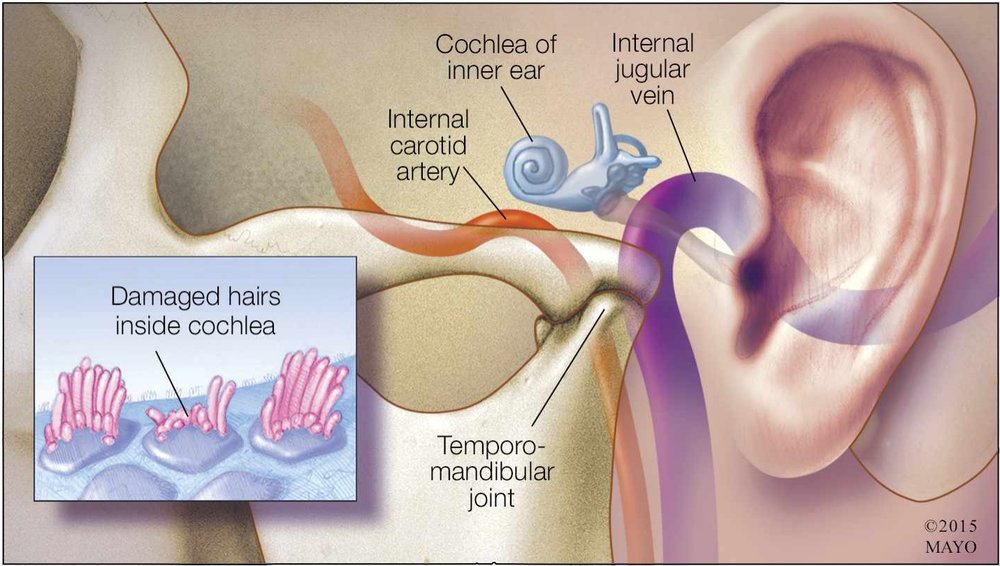
Those underlying conditions could be temporary or permanent damage caused by an infection or injury. High volume sound, either sudden or constant, can cause injury to the sensitive middle or inner ear.
Is Tinnitus Preventable?
It really can be prevented, especially in the cases of tinnitus caused by loud noises and sound. Ear defenders and ear plugs help cut the decibel level reaching your ears to safe limits. Which is why XAMAX®, a BSiF Registered Safety Supplier and specialists in PPE, is writing about it.
As far as any industrial causes of tinnitus go, you can prevent it by using hearing protection. It's important to choose the correct hearing PPE for your job tasks and environment.
That is what the British Tinnitus Association's "Plug 'em" campaign is all about - and we absolutely support them.
Here are a few options to Plug 'em with, or indeed, to Cover 'em instead. As a BSiF Registered Safety Supplier, you can be sure that any hearing protection you buy from XAMAX® is fully compliant with all relevant workplace legal standards.
How to determine the right hearing PPE is not rocket science. There are simple methods to choosing the right hearing protection contained in this article. Follow the simple steps and you will be doing everything you can to avoid lifelong suffering of tinnitus.
What's It Like Living With Tinnitus?
The British Tinnitus Association have created a few short videos with sufferers to help raise awareness of the issue.
Steve's Story
Louise's Story
Arthur's Story
Is There A Cure For Tinnitus?
Not yet, but the British Tinnitus Association are working hard on it. It's down to their work that we have a Tinnitus Week at all. The British Tinnitus Association conduct research into this condition and offer advice and support to sufferers.
There's no need to suffer in silence - if you have tinnitus, the British Tinnitus Association are there to help.
If you have a sudden onset of tinnitus that you cannot explain, you should tell your GP as soon as possible. The NHS advises that you can improve the symptoms if you try to relax, breath deeply, maybe try yoga and work on a better quality of sleep.
How Can We Help?
XAMAX® cannot help you if you already suffer from tinnitus, but we can help you prevent it or avoid making it worse through work.
We offer many hearing protection PPE products that are designed for various job roles, situations and environments - all guaranteed to meet EN 352-1: 2002, EN 352-2: 2002, EN 352-3: 2002 or EN 458:2004 (whichever is applicable).
Preventing tinnitus and hearing loss caused by workplace activities is easy, just give us a ring (no pun intended): 0333 920 3734
- How Long Does PPE Last? (Probably Not As Long As You Think) - 12th March 2025
- BSIF Issues Urgent Warning: 90% of PPE from Non-Registered Providers Fails Safety Tests (2025) - 10th February 2025
- Understanding UK Safety Standards for Respiratory Protection - 14th October 2024

